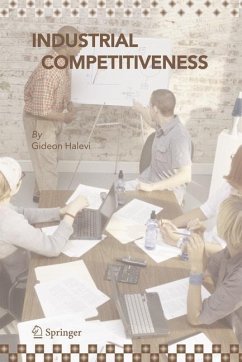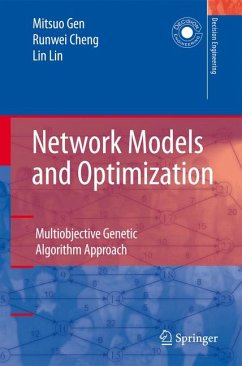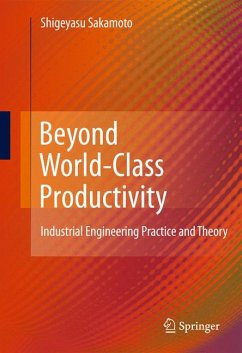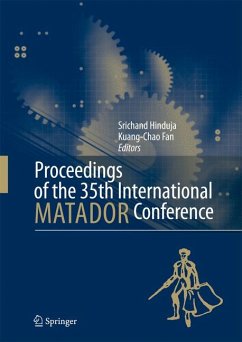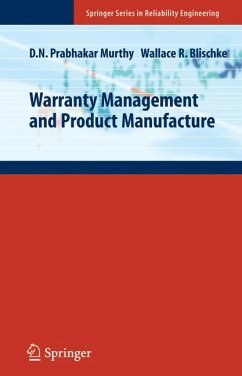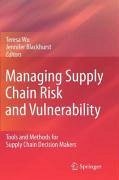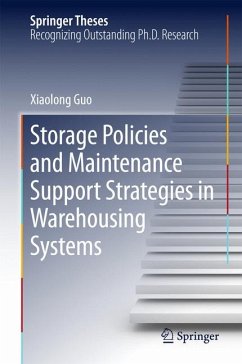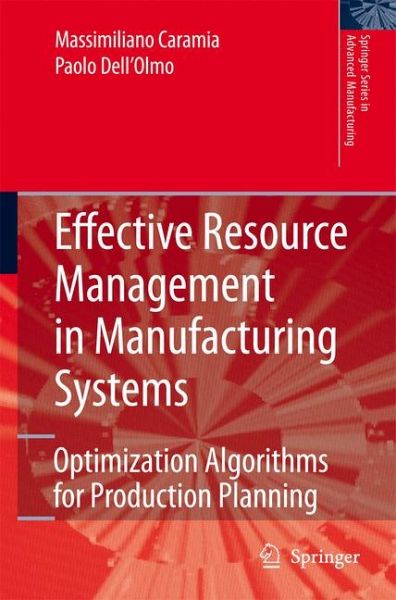
Effective Resource Management in Manufacturing Systems (eBook, PDF)
Optimization Algorithms for Production Planning
Versandkostenfrei!
Sofort per Download lieferbar
112,95 €
inkl. MwSt.
Weitere Ausgaben:

PAYBACK Punkte
56 °P sammeln!
Manufacturing systems work with scarce resources in dynamic environments. Managers need to assign production facilities to parallel activities, respecting operational constraints and deadlines while keeping costs low. Old scheduling approaches are inadequate when a task both requires a set of different resources and a trade-off between objectives. More sophisticated models and algorithms are needed by these managers.This book provides robust methods for achieving effective resource allocation. It also solves problems such as resource levelling, sizing of machines and production layouts, cost o...
Manufacturing systems work with scarce resources in dynamic environments. Managers need to assign production facilities to parallel activities, respecting operational constraints and deadlines while keeping costs low. Old scheduling approaches are inadequate when a task both requires a set of different resources and a trade-off between objectives. More sophisticated models and algorithms are needed by these managers.
This book provides robust methods for achieving effective resource allocation. It also solves problems such as resource levelling, sizing of machines and production layouts, cost optimization in production planning and scheduling that occur daily and often generate cost overruns. The quantitative methods used cover both mathematical programming and algorithms, leading to high quality solutions. Details of experimentation put these techniques in a practical perspective.
This book is a valuable resource for postgraduate students and researchers in business, engineering or computer science.
This book provides robust methods for achieving effective resource allocation. It also solves problems such as resource levelling, sizing of machines and production layouts, cost optimization in production planning and scheduling that occur daily and often generate cost overruns. The quantitative methods used cover both mathematical programming and algorithms, leading to high quality solutions. Details of experimentation put these techniques in a practical perspective.
This book is a valuable resource for postgraduate students and researchers in business, engineering or computer science.
Dieser Download kann aus rechtlichen Gründen nur mit Rechnungsadresse in A, B, BG, CY, CZ, D, DK, EW, E, FIN, F, GR, HR, H, IRL, I, LT, L, LR, M, NL, PL, P, R, S, SLO, SK ausgeliefert werden.




